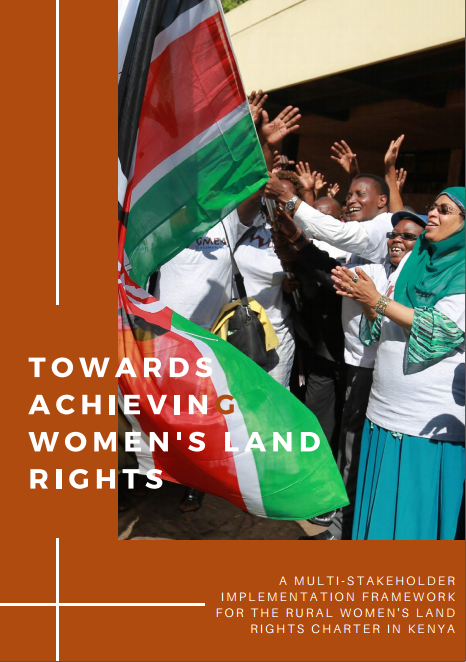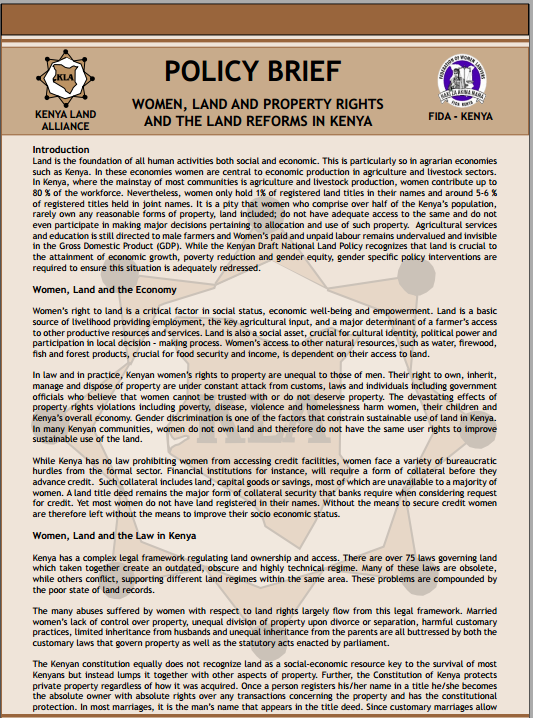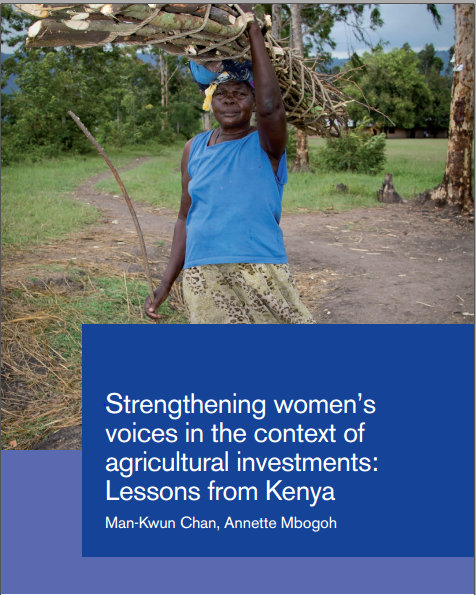The Kenya Land Alliance (KLA) is a not-for-profit and non-partisan umbrella network of Civil Society Organisations and Individuals committed to effective advocacy for the reform of policies and laws governing land in Kenya. KLA was founded in 1999 and registered as a Trust in 2001. The initiative to create an institutional framework for land laws and policy advocacy in Kenya was necessitated by the realization that the policy, legal and institutional framework created in 1950’s had become inadequate due to many changes in the social, political, economic and cultural fronts that had occurred in the country over the years.
The increased population has resulted in intense competition for access to land and natural resources. In addition, changes in the global environment brought about by globalization have combined to create a reality that is significantly different from the one existing when the
current framework was created in the 1950s. It is on this premise that KLA has been in the forefront in efforts towards effective advocacy for land laws and policy reforms in Kenya, as recently witnessed in the Presidential Commission of Inquiry into the Land Law System of
Kenya and the Constitution of Kenya Review Commission. Advocating for the formulation and implementation of a National Land Policy and review of land laws.
Our Vision
A society in which all people are assured of sustainable livelihoods through secure and equitable access and utilisation of land and natural resources.
Our Mission
To facilitate the activities of members by gathering and disseminating information towards an all-embracing, participatory and comprehensive land policy and law reforms in Kenya.
Members:
Resources
Displaying 11 - 15 of 76THE RURAL WOMEN’S LAND RIGHTS CHARTER: TOWARDS ACHIEVING WOMEN'S LAND RIGHTS
The Rural Women’s Land Rights Charter of Kenya is a bold expression of the concerns/ issues and their aspirations of women living in rural areas on land matters. At the core of these aspirations is the realization of secure and protected women’s land rights and security for their land-based livelihoods. Women from rural areas in 24 counties in Kenya highlighted their issues and expressed the kind of change they would like to see on matters land through the Rural Women’s Land Rights Charter.
Women, Land and Property Rights and The Land Reforms in Kenya
Land is the foundation of all human activities both social and economic. This is particularly so in agrarian economies such as Kenya. In these economies women are central to economic production in agriculture and livestock sectors. In Kenya, where the mainstay of most communities is agriculture and livestock production, women contribute up to 80 % of the workforce. Nevertheless, women only hold 1% of registered land titles in their names and around 5-6 % of registered titles held in joint names.
IMPLEMENTING CONSTITUTIONAL LAND PROVISIONS NOW TO ENABLE MORE WOMEN TO OWN LAND
Implementing Constitutional Land Provisions Now to Enable More Women to Own Land. March 8 is celebrated as the International Women’s Day – an event that celebrates women’s achievements on many scores ranging from the political to the social, and at the same time calling for gender equality.
WOMEN TO KILIMANJARO: STAND UP FOR WOMEN LAND RIGHTS
The Kilimanjaro Initiative is a rural women’s mobilisation from across Africa towards an iconic moment at the foot of Mt Kilimanjaro in October 2016. The Kilimanjaro Initiative was conceived by the Rural Women during a meeting of rural women and civil society organisations in 2012, held in Dar es Salaam, Tanzania. This initiative aims to create space for us as rural women to be able to participate in decision making processes about land and natural resources.
Strengthening Women's Voices in the Context of Agriclutural Investments: Lessons From Kenya
This report, which focuses on Kenya, constitutes one of four country-wide assessments produced under the overall project. It draws on a literature review conducted by the Kenya Land Alliance (KLA) with additional inputs from IIED, as well as on primary field research conducted by KLA in April 2016 (see Section 1.2 for further information about the research methodology).





